Tuesday's parliamentary votes renewed the state of constitutional emergency in the Southern Macrozone, maintaining a measure that has now been in place for three years and has, at times, sparked debates about its effectiveness and the risk of perpetuating an instrument designed for specific situations.
The decision was approved by the Chamber of Deputies with 105 votes in favor, 24 against, and 11 abstentions. Meanwhile, the Senate backed it with 36 votes in favor, one against, zero abstentions, and four pairings.
Regarding the Southern Macrozone, the implementation of the state of constitutional emergency "is linked to the increase, over the last decade, in clashes involving episodes of rural violence or terrorist acts, as well as related crimes such as timber theft, drug trafficking, and organized crime associated with certain criminal activities," explained Jorge Cordero, a researcher at the Humanities and Social Sciences Hub (Faro UDD) of the Universidad del Desarrollo.
He also explained that, over time, it is plausible to argue that some of these activities are not necessarily related to the indigenous conflict but rather to criminal activities that emerged due to the State's difficulties in ensuring some form of order in the area.
"It's important to remember that where the State retreats, all kinds of criminal activities can gain strength. If this reality is combined with the radicalization of specific groups, such as the Arauco Malleco Coordinator (CAM) or other types of organizations, it creates a context for the worst scenarios," Cordero stated.
WHAT DOES THE STATE OF EMERGENCY ENTAIL?
Cordero explained that implementing this measure involves several nuances—some positive, like the reduction of attacks in the area by allowing a more active security deployment, and others perhaps less so, such as the permanent strain on the armed forces, which must operate under this condition when their role is oriented toward other functions.
Regarding why the decision to renew the state of constitutional emergency has been maintained, he explained that it was a tool that "at the time had strong public support and political backing from the affected regions, and rightly so. Let's not forget that even a sort of 'citizen plebiscite' was held by the controversial former governor of Araucanía when the government's lawmakers were not in favor," Cordero said.
He also recalled that public support was such that it was used as a political pressure mechanism, which, in his opinion, "is wrong." However, he maintains that "it was reasonable given a situation that was clearly spiraling out of control."
Similarly, he added that there is a risk of "politicians becoming complacent with this situation, avoiding the deeper discussion about what kind of security strategy should be employed and how to address public policy discussions for the Mapuche people—which, I believe, would help legitimize the State's actions. This is crucial if we want to mitigate the actions, with the greatest success, of the groups carrying out these attacks," the expert asserted.
On the other hand, he believes that extending the state of emergency is an easy way for the government, politicians, and the State to account to the people without much effort, delegating responsibility for the problem to an institution—like the military—that is not entirely suited to preventing attacks in the area. "A 'logic' of solving complex problems through last-resort instruments, without even considering what should be done afterward," Cordero added.
He also noted that—given the dynamic of perpetuating this mechanism—"it's plausible to think that some may have grown accustomed to voting in favor without exploring other facets of the problem that could help control security in the area. Not even the other aspects of the indigenous conflict have been addressed, such as constructively discussing the recommendations of the Commission for Peace and Understanding, which is crucial if we want to grant the State greater legitimacy and delegitimize radical organizations."
POTENTIAL SOLUTIONS
In this context, the professional suggested that while extending the state of emergency might be justified, it should be done with the aim of formulating a security strategy that eventually renders it unnecessary.
He also considered it essential to "support the proposals of the Commission for Peace and Understanding or, at the very least, discuss them seriously. Advancing measures that address the root problem with indigenous peoples is a necessary condition to once and for all delegitimize the extreme stance of certain radical organizations and grant the State greater legitimacy to ensure order," Cordero added.
He also explained that the current situation and the levels of radicalization have emerged progressively over time.
In this regard, "what the CAM was in '98 is radically different from how it operates today in terms of violence levels and the types of attacks. It’s no surprise that its main leader, Héctor Llaitul, now in prison, spoke out against the commission. Our country has long postponed these measures, and this delay benefits organizations that only believe in violence, as it fuels their rhetoric and, with it, irredentism," concluded the Faro UDD researcher.
Source:La Tribuna


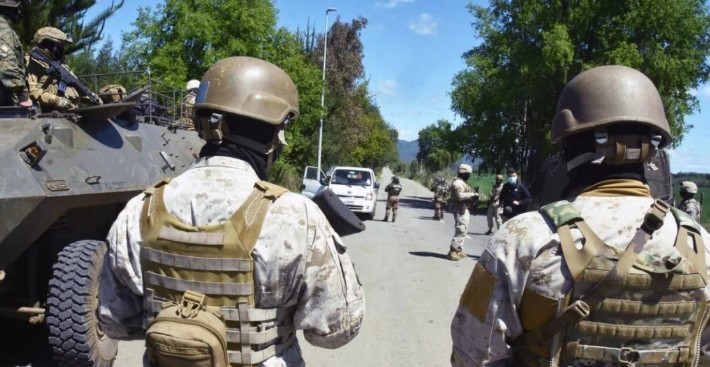
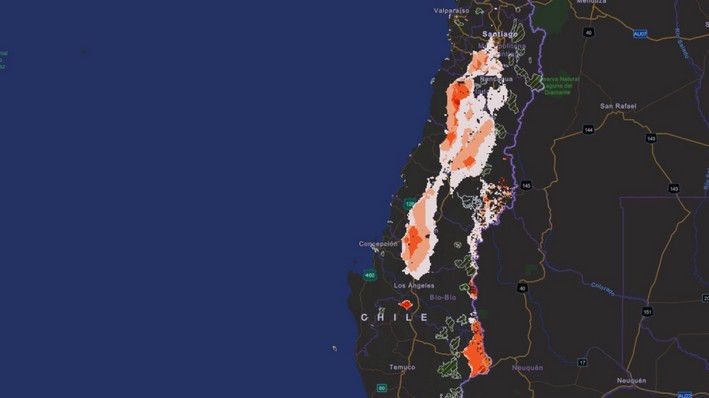
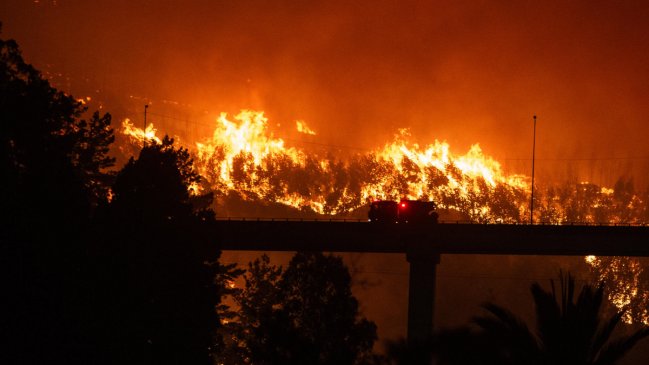
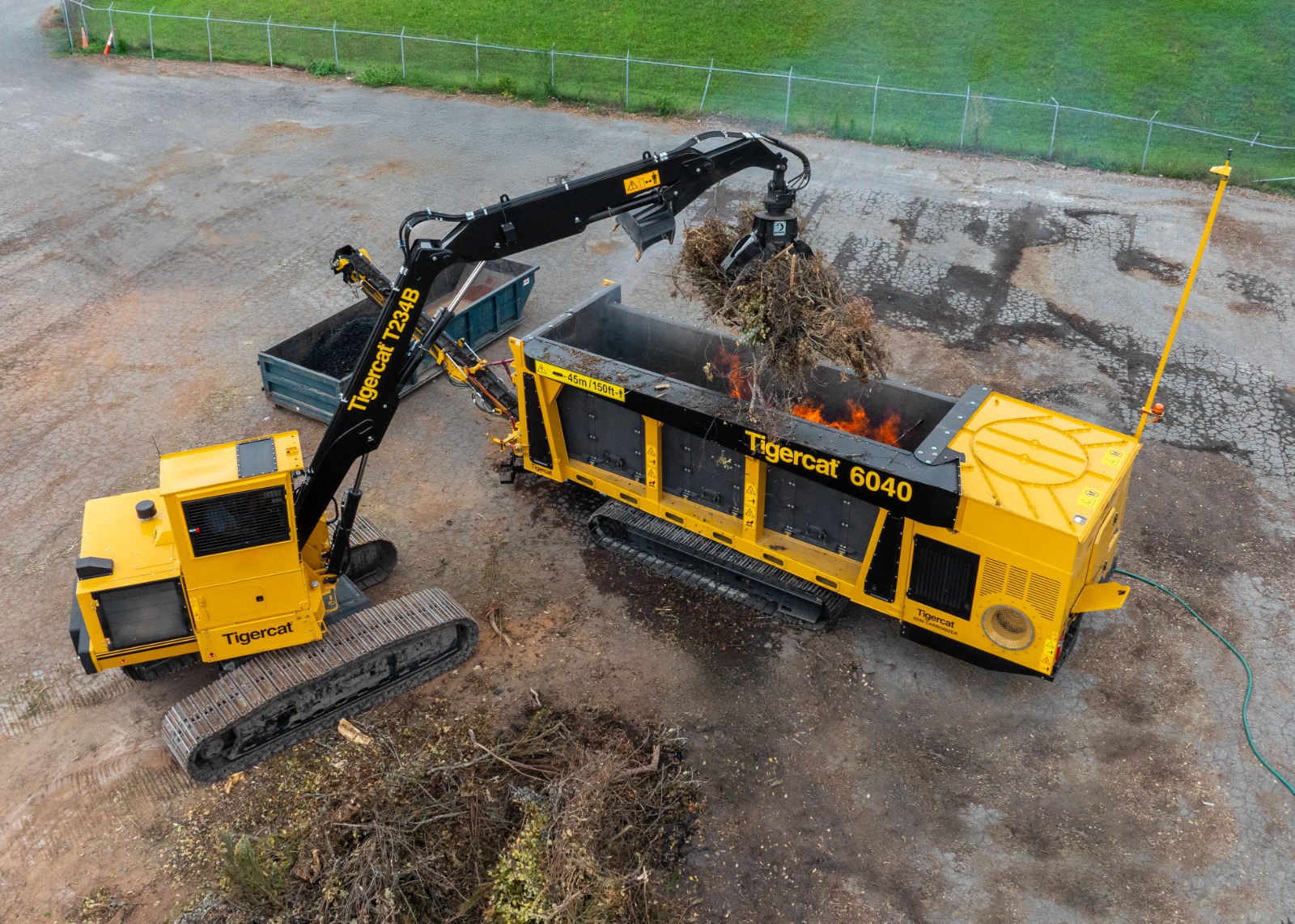
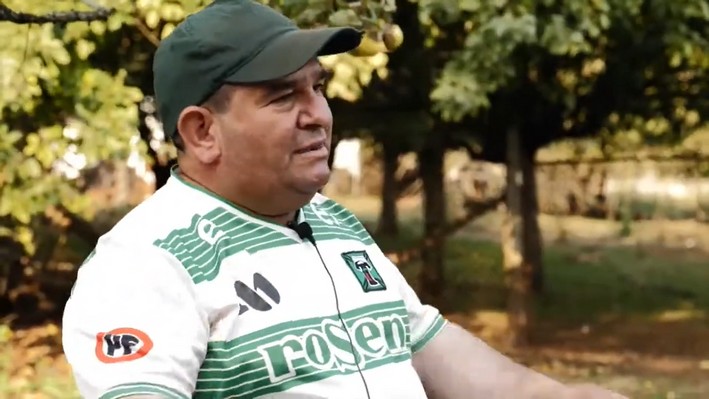
Comments (0)
No comments yet. Be the first to comment!
Leave a comment